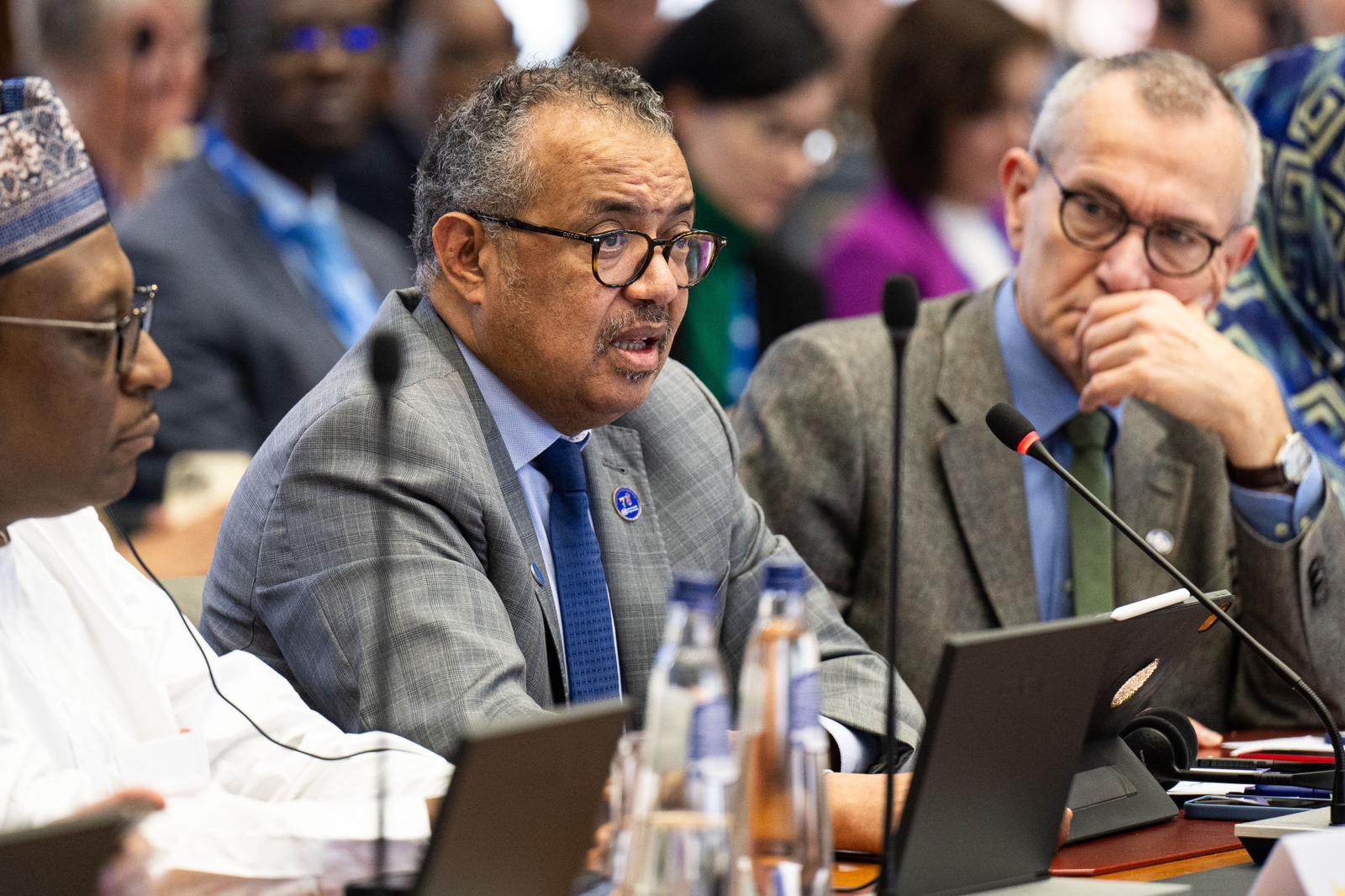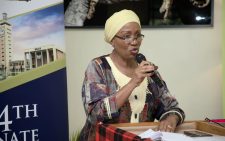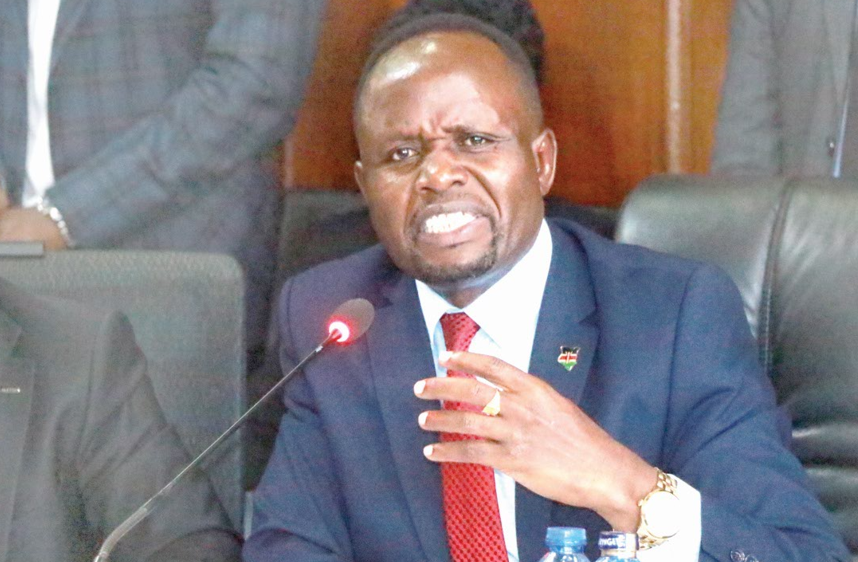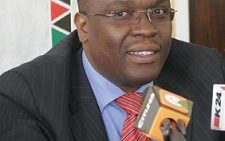Starvation in war-hit Sudan almost everywhere – WHO

Starvation in war-stricken Sudan ‘is almost everywhere’, the head of the World Health Organization (WHO) has told the BBC’s Today programme after visiting the country.
“The situation in Sudan is very alarming… the massive displacement – it’s now the largest in the world, and, of course, famine,” director-general Tedros Adhanom Ghebreyesus said.
He said 12 million people were already displaced, adding that attention in the global community to Sudan was ‘really low’ and race was a factor.
Thousands of people have been killed since a civil war broke out in April 2023 between Sudan’s army and the paramilitary Rapid Support Forces (RSF).
“Imagine: destruction, displacement, diseases everywhere, and now famine,” Dr Tedros told the BBC.
He said he had recently visited a camp for the internally displaced people and a hospital in Sudan.
“You see there many children skin and bone, emaciated.”
Close to 25 million people – half of Sudan’s population – “need support”, Dr Tedros said.
He stressed that Sudan ‘is not getting the attention it deserves’, and that was the case with other recent conflicts in Africa.
“I think race is in the play here. That’s what I feel now. We see the pattern now.”
Dr Tedros – who grew up during war in Ethiopia – said: “Especially in Africa, I think the attention is really, really low.”
“That’s the sad part, because you see it repeatedly, not just in Sudan,” he added.
“I know the smell of war, the image of war, the sound of war,” the WHO chief said.
“From that, I can understand how it impacts others, and I remember my mother praying I survive a day at a time – growing up, survival of the day was a big thing, I see the same thing is Sudan and Gaza.”
Following Russia’s invasion of Ukraine in 2022, Dr Tedros said the world did not give ‘equal attention to black and white lives’.
At the time, he elaborated by saying only a fraction of the aid given to Ukraine was given to other humanitarian crises, with Tigray in Ethiopia, Yemen, Afghanistan and Syria not receiving the same treatment.
Dr Tedros urged mainstream media to give more attention to Sudan, describing the situation there as a ‘tragedy’.
In August, a UN-backed committee of experts declared a famine at a camp housing about 500,000 displaced people near the besieged city of el-Fasher in Darfur, one of the regions worst affected by the conflict.
The leader of Sudan’s army, Gen Abdel Fattah al-Burhan, and the head of the RSF, Mohamed Hamdan Dagalo, had jointly staged a coup in 2021, but then fell out eventually plunging Sudan into a civil war last year.
The United Arab Emirates (UAE) is accused of supporting the RSF with money and guns – which it denies – while Saudi Arabia is said to have close ties with the Sudanese government.
Various mediation efforts, brokered by Saudi Arabia and the US, have failed to end the conflict.












